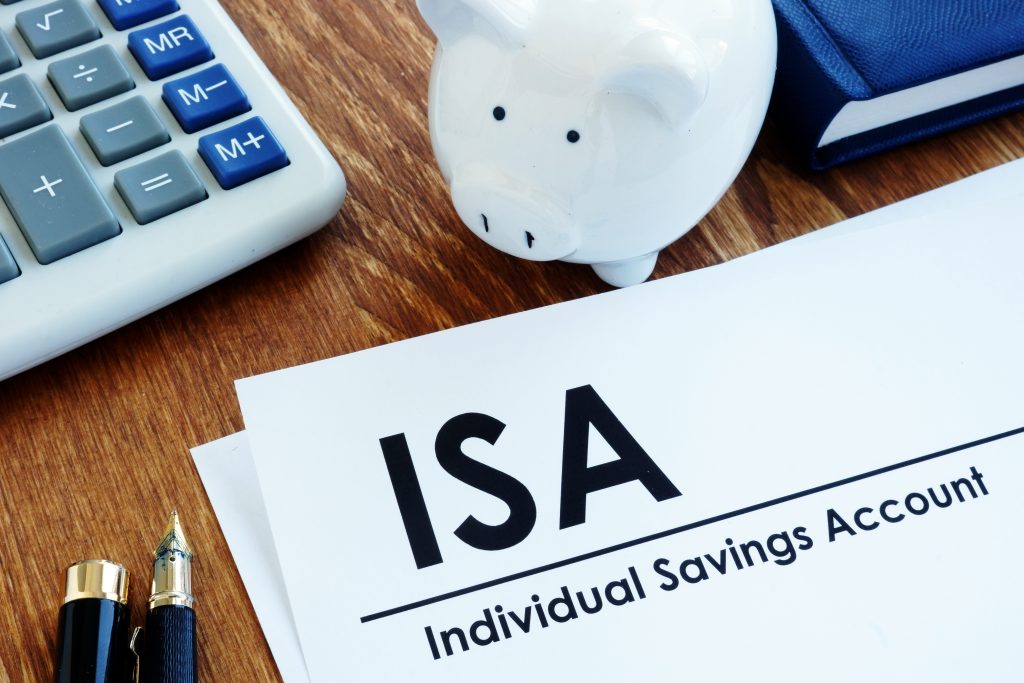
But this is not an ideal world, and if you have left it to the last minute, you’re definitely not the only one. What should you be doing?
While stock markets can be volatile, investors may have been encouraged by better performance since the start of the year. Many of the familiar benchmark indices are up for the year to date. The S&P 500 is up 10.4%, the Euro Stoxx 50 is up 10.6% and even the unloved FTSE 100 has risen 3.6%*.
Nevertheless, this strength should also usher in some caution. A number of areas, such as the US technology sector, look expensive and have high expectations built in. These are a risky home for your cash this ISA season. Nevertheless, there are other parts of the market that have trailed and could be ripe for a revival as the interest rate cycle turns and economic growth picks up.
Smaller companies
One area that looks particularly interesting is smaller companies. These tend to do badly at times of rising interest rates and economic uncertainty and have seen a difficult run of performance. However, the problems that have held them back are now reversing as the interest rate cycle turns and recessionary pressures ebb.
For those with the stomach for adventure, UK smaller companies have been the most unpopular sector in an unpopular market. They now look cheap relative to all other markets and to their history, but investors need to be with a good fund manager who can find the quality businesses and avoid the pitfalls. We suggest Paul Marriage at TM Tellworth UK Smaller Companies or Anthony Cross and his team at Liontrust UK Smaller Companies.

How life insurance can benefit your health and wellbeing over the decades
Sponsored by Post Office
For those who are still sceptical about the UK’s potential to revive, the T. Rowe Price US Smaller Companies Equity fund might be an option. This invests in US small and mid-cap companies, which tend to be larger than their UK peers and have been on a strong run since the start of the year.
Income options
One of the top selling points of ISAs is that they can be used to create a tax-free income stream. This has become easier now that interest rates have gone up and bond funds pay a higher income. For investors who would rather play it safe, the Royal London Corporate Bond fund has been a stalwart for income investors. It currently has a yield of over 5%** and, unlike with a cash ISA, investors could see growth in their capital too.
Nevertheless, inflation remains a risk, and while the yields on cash or bond funds are attractive, they do not grow over time. This is the real advantage of an equity income fund. The initial yield may be lower, but it may grow by 5-10% each year as companies raise their dividends, protecting an investor’s income against inflation. For a core global equity income fund, we suggest the WS Evenlode Global Income fund, which has been a strong performer through a variety of markets and has a capable manager in Ben Peters. Fidelity Global Dividend is another reliable, long-term option.
A cautious option
For more cautious investors, a well-diversified multi-asset portfolio could be the best fit. These take a range of different types of assets – bonds, stock market investments and even ‘alternative’ options such as commercial property, infrastructure or commodities – and blend them together to build an ‘all weather’ portfolio. This creates more consistent and reliable performance over time. Investors don’t need to worry about whether it’s a good or bad time to go into the market because the fund manager will be doing all the thinking for them.
The BNY Mellon Multi-Asset Balanced and Income funds have strong and consistent track records and are relatively low cost. They will not shoot the lights out, but are a good option for those who would rather not have to work too hard on their investment selection. Aegon Diversified Monthly Income is another low-cost option, with a straightforward blend of global bonds, such as US treasuries, and stock market investments, such as TSMC**.
And finally, it is worth resolving to invest as early as possible for the next tax year. That way, you get all the tax-free income and growth for the full tax year rather than just at the end. It’s an easy win to super-charge your investments, wherever you choose to put them.
*Source: FE Analytics, total returns in sterling, calendar year 2024, at 27 March 2024
**Source: fund factsheet, 29 February 2024
Darius McDermott, managing director of FundCalibre and Chelsea Financial Services
Related: Vanguard: ‘Bonds are back’ – How to tap into the asset class




